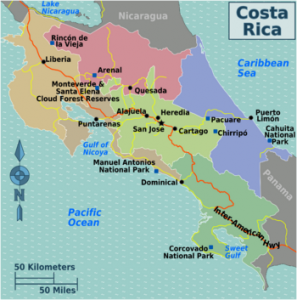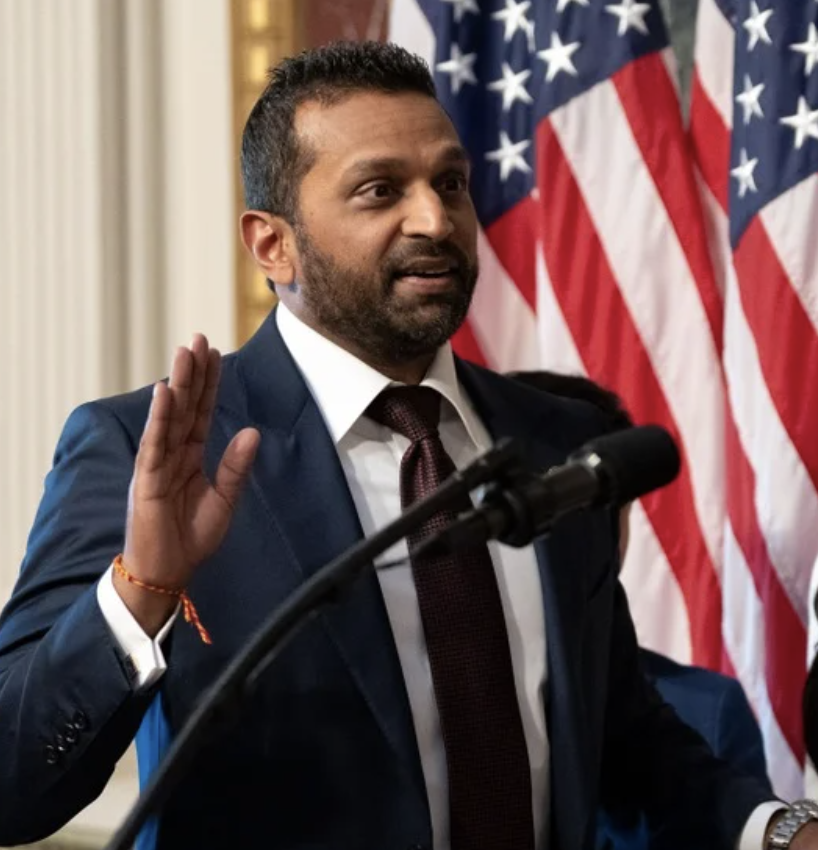 By Ross Paker
ticklethewire.com
By Ross Paker
ticklethewire.com
Two months ago this column discussed the effect that America’s insatiable appetite for drugs was having on two contrasting Central American nations—violent and impoverished Honduras and peaceful and idyllic Costa Rica.
Because of the success of DEA and the U.S. military at interdicting South American drug shipments by sea, the Colombian cartels and the Mexican Mafia now move virtually all drugs from South America by land, transporting it through those two countries. The under-resourced law enforcement systems of Honduras and Costa Rica have proven to be no match for the well-armed smugglers.
The latest evidence of this struggle for control in Costa Rica has been a violent incident resulting in the collision between the cartels and powerful environmental forces, a collision likely to accelerate the enhancement of law enforcement resources in that country in its fight against the smugglers.
During the night of May 30th, a popular young biology student, Jairo Mora Sandoval, along with four female volunteers (three Americans and one from Spain), were patrolling a beach on the Caribbean coast to protect the nests of Leatherhead turtles, whose eggs were constantly subject to poachers in the area. The Leatherhead is an endangered species whose eggs illegally sell for a dollar a piece to buyers who believe them to be an aphrodisiac. They are also a dining delicacy in restaurants and sidewalk cafes.
Mora had been an outspoken advocate for increased law enforcement in the area both against poachers and also drug trafficking in nearby Limon. As reported in the earlier column, Limon was the location where two policemen were recently murdered as part of the increased criminal atmosphere in that district. An atmosphere fueled by the invasion of drug smugglers into this peaceful country.
Costa Rica is one of the most eco-friendly places on the planet. The result is that a sizeable portion of the nation’s GDP comes from eco-tourism. A threat to its abundant natural resources is likely to mobilize thousands of environmentalists, as well as threaten an important source of revenue for this prosperous country. Cries for action from both of these sources shake and shape the government’s policies in all respects.
As the five volunteers traveled along the remote Caribbean beach, they were seized by five armed kidnappers. The women were able to escape from the abandoned house where they had been tied up, but Mora’s body was found the next day, tortured and bludgeoned to death. The murder is believed to be a threat by poachers and smugglers to frighten other environmentalists.
The connection between poaching and the drug smugglers has several facets. The cartels use the same beaches where the turtles lay their eggs, in order to bring their product in from boats off the coast for transport to Mexico and the United States. They employ locals for warehousing and overland shipment and frequently pay them with cocaine. This has created a drug user population that often resorts to smuggling the turtle eggs to feed their habit. The population also spawns the other social problems ancillary to drug activity.

The reaction worldwide by environmentalists to the murder has resulted in a crisis in Costa Rica and has prompted the government to pledge to implement a plan to combat poaching and drug trafficking more aggressively.
(For an excellent report on the policy and environmental intricacies of this incident, check out National Geographic’s story here. Thanks to Caleb in Kansas City for the heads up on this story.)
No one has yet pointed the finger at the wealthy northern neighbor, the U.S., whose lucrative market provides the financial incentive for the smuggling cartels. But it would be hard to deny that we share some responsibility for such violent incidents, as well as countless others that threaten the equanimity of this beautiful country.
Which makes it more than fair that we fully respond to requests for help from the beleaguered law enforcement communities in Costa Rica and Honduras, both with financial and advisory support.





